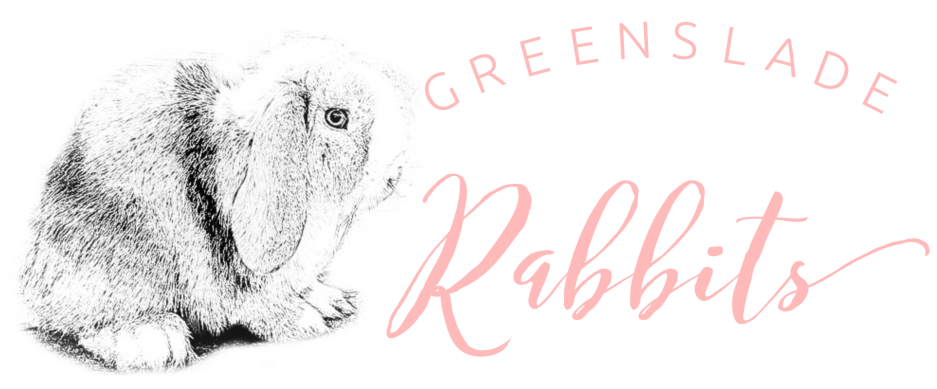Ring Size K Points
- 1 Type ) 30
- 2 Weight )
- 3 Coat
- 4 Head, Crown and Eyes )
- 5 Ears ) 30
- 6 Colour and Pattern 15
- 7 Condition 5Total 100
- Type – Bold thickset and firm. The body should be short, broad and well muscled with little visible neck. The well-muscled rump is short and well rounded. The chest is broad and deep with curved sides where it meets the shoulders, which are broad and strong. The front legs are thick, short and straight. The hind legs are short, strong, powerful and carried parallel to the body. The tail is straight, strong and well furred. A small dewlap is permissible but not desirable.
- Adult WeightIdeal
kg 1.5 1.6lb/oz 3.4 3.8Maximum weight for under 5 months exhibits to be 1.360kg (3lb) - Coat – The coat to be dense and of good length, rollback with anabundance of guard hairs. Legs and pads to be well furred.
- Head, Crown and Eyes – The head is bold, broad and well developed. The profile of the head is strongly curved with a good width between theeyes, full cheeks and a broad muzzle.
The eyes are bold, bright and large. The basal ridge of the ears should appear prominent across the top of the skull to form the crown. - Ears – Should be broad, thick, well furred and rounded at the ends. They should be carried close to the cheeks giving a horseshoe like outline when viewed from the front. The inside of the ears should not be visible from any angle when carried correctly.
- Colour and Pattern – Any colour or pattern accepted by the Breeds Standard Committee of the British Rabbit Council apart from the broken pattern.
- Condition – The exhibit should be in a perfect state of health and bodily condition, free from all soiling, particularly on the feet, ears and genital parts. The coat should reflect the overall good health of the exhibit, which should appear alert and vigorous.
Maximum
20
FAULTS – Body too long; head not sufficiently characteristic of the breed; pimpled or damaged ears; poor ear carriage; ears folded; crown not developed; fly back coat; large dewlaps in does; rear feet not parallel to the body; light soiling of feet, ears and genital organs; bare pads; fur slightly soiled or matted; long toenails; lack of vitality.DISQUALIFICATIONS – Maloccluded or mutilated teeth; over weight limit; deformities and mutilations; deformation of the teeth; feet bowed or bent; white toe nails in coloured exhibits; white nose on butterfly pattern; crooked tail; any discernible illness or disease; blindness or partial blindness; incorrect eye colour; any parasitic infection; much soiling; matted coat; sore pads (where skin is broken or scabbed); any evidence of irregular preparation for exhibition including trimming and dyeing.

